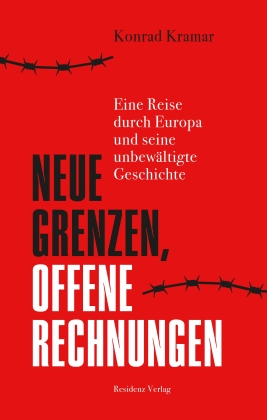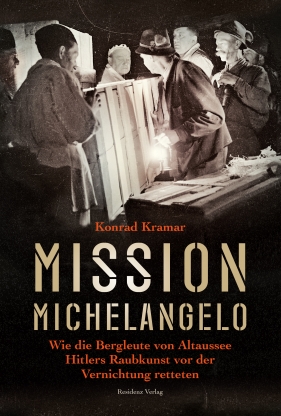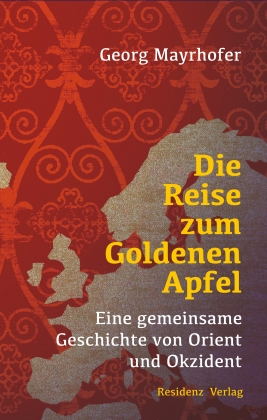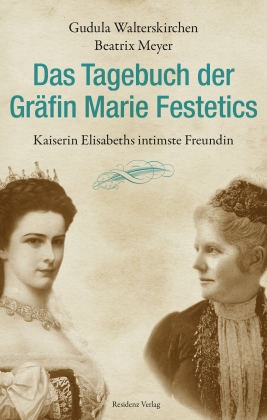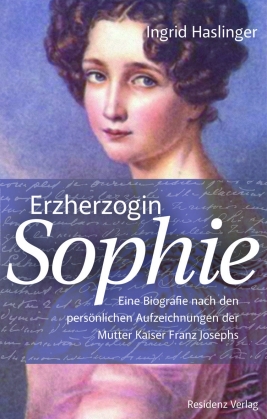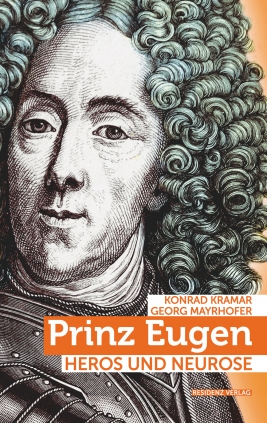
Georg Mayrhofer Konrad Kramar - Prinz Eugene
Between heroism and neurosis
A portrait of the man behind the myth: complex, genius and modern, yet driven by fear and inner constraint.
Military commander, strategist, philosopher, gardener, architect – the historic image of Prince Eugene of Savoy is larger than life, just like his statue on Vienna’s Heldenplatz. Loyalty and honor determined his actions, yet his personality was marked by deep neurosis rooted in his childhood. His entire life he hid his vulnerability behind a public image that he wore like a mask. From both a historical and today’s perspective, Konrad Kramar and Georg Mayrhofer present the complex portrait of a public person who influenced the course of history and a private person who tried to hide behind his role as a hero.
Book details
256 pagesformat:140 x 220
ISBN: 9783701732890
Release date: 29.01.2013
License rights
- Romania






